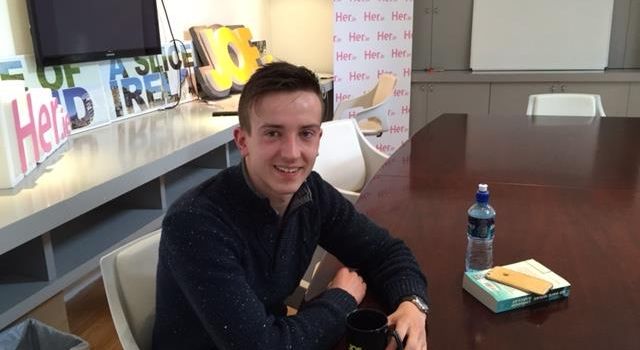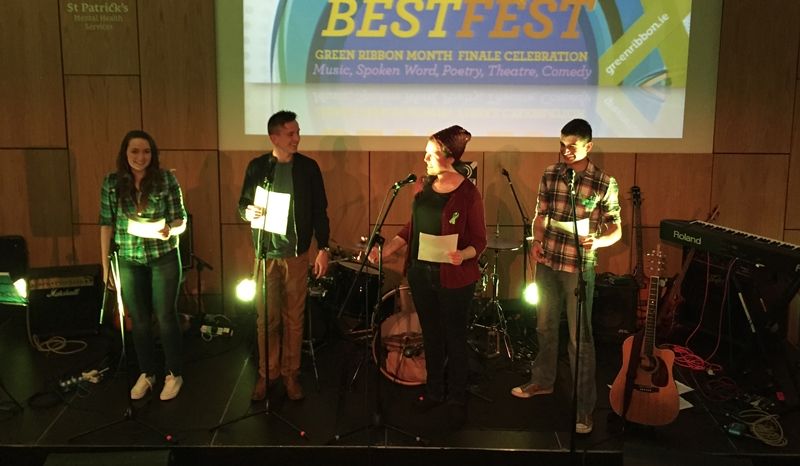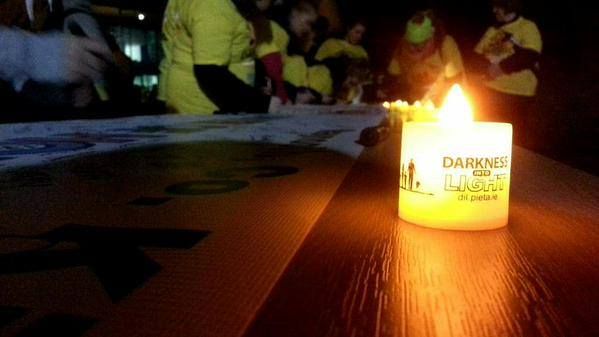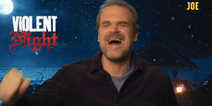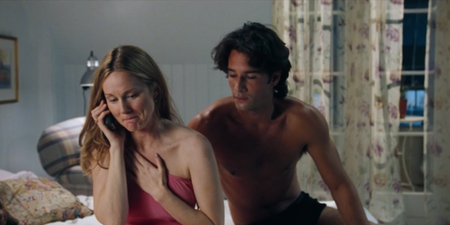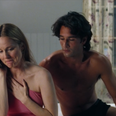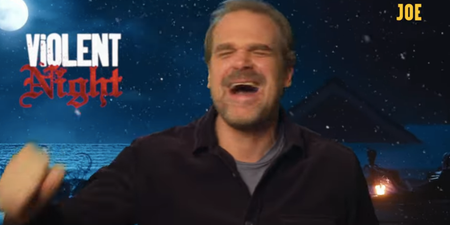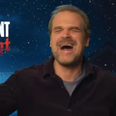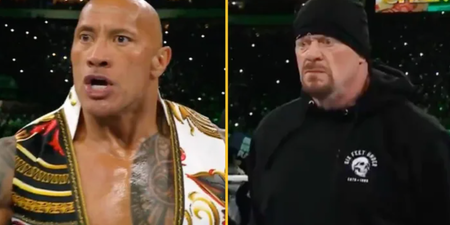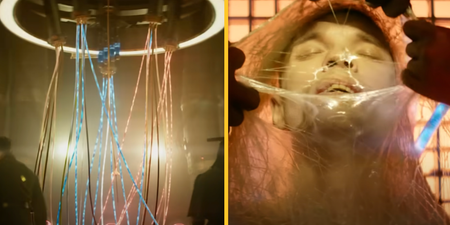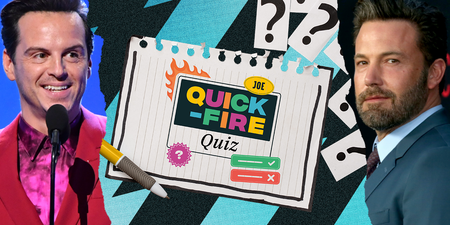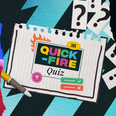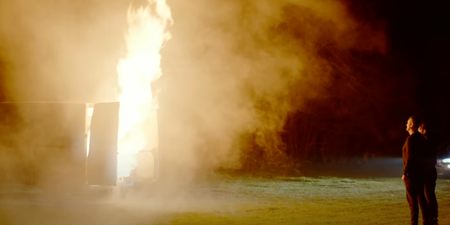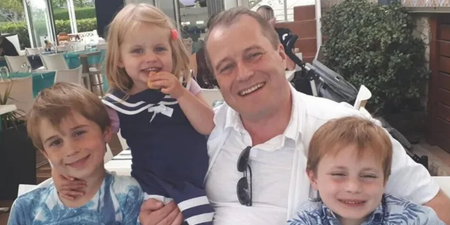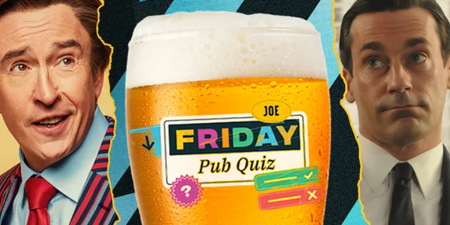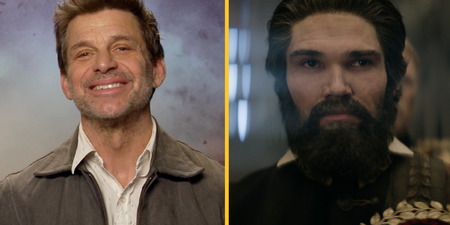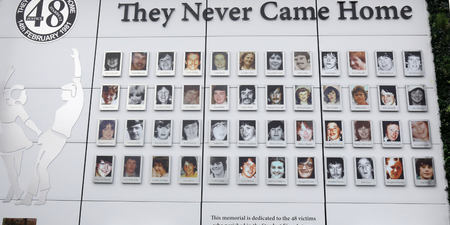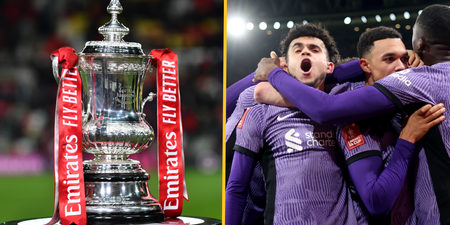Ryan Mangan is a 19-year-old from the West of Ireland and one of the country’s leading slam poets.
In a wide-ranging interview, Ryan tells us how he overcame difficulties around his mental health as a young teenager to a point where his words would reach thousands of people.
He will captain the Ireland team that flies to Atlanta in July to compete in HBO’s Brave New Voices competition.
What led you into the world of slam poetry?
It started after I repeated the Leaving Cert.
Like the majority of people my age, if you mention poetry to them they’d have nightmares, visions of Sylvia Plath and Robert Frost, just floating before them. So before the first poem I would have thought it was really uncool.
“What the hell was it for?” I’d ask myself.
I wrote my first one for my teacher, Elaine Feeney. She’s a well established poet and with the English curriculum I’d have to hand up a lot of short stories. She saw that I was really enthusiastic about it, mainly because I wanted points, but she said that I should try writing a poem.
So then over the course of repeating the Leaving Cert I started writing poems.
You had some very early success?
I sent something in to an Irish Times supplement, Fighting Words, and they published it that May.
I was really shocked. I never knew what my niche was; I was never into sport, never your typical young boy, which would have contributed to my mental health issues as a child. Never fitting in.
After writing this poem, called Nursing Home, I saw the potential in all this. It was a method of expressing myself and over the course of that I’ve learned a lot about mental health, how it is so vital to express how you’re feeling, to talk.
This was my way of talking. It was the first time I felt there was this canvass where no-one would judge me.
What inspired Nursing Home?
The poem was about my grandmother’s dementia and how, in a nursing home, there’s no concept of time and you get to know each other over and over again.
After writing that I realised the potential that this has for your mental health and for expressing your emotions.
I got involved with Brave New Voices around this time.
(Poet and author) Stephen Murray came around to these workshops and was looking to find the first ever Irish team to send over to Brave New Voices in Atlanta.
I got through to the final, which was on RTÉ Arena, and I had to come up with a poem to use. Obviously you don’t want something superficial, or contrived, and I only had around three poems at that stage.
And then there was a pivotal moment?
At that stage I was going to use Nursing Home but there was one morning, over Easter, where I woke up to messages on Facebook saying RIP to Nathan Diskin who was 19-years-old and from Tuam.
It just really hit me. Even though I didn’t know him I’m friendly with his sister. He felt the need to end it all and I remembered him from school. He was always smiling but I thought he was kind of insular. That obviously impacted him and may have led to his decision to end it all.
That day I sat down and I wrote Pitchfork Branches and it just flowed out. It’s dedicated to him, and always will be, but it was also about me, about how I felt when I was 13 and I could just has easily have carried out my own mental images of ending it.
If I was the 13-year-old me now, and seeing myself speak out, it would have been so much easier for me. When I was in that situation I would have seen my feelings as shameful or embarrassing but now, being able to work with the likes of Pieta House, things are so different.
What was it like seeing yourself in the public eye?
I remember the day I saw the headline ‘Slam Poetry Helped Me Overcome Suicidal Thoughts’ on The Journal, although it was true it was so hard to see that in front of me.
I just felt sick and didn’t want to get up – every time you make a revelation like that you feel a bit of a low afterwards – but it did help me in the end because it’s so easy to talk about now.
It’s helped me admit to depression and that’s something I would have bottled up for years.
After that went online (former Cork hurler) Conor Cusack posted it on his Twitter page, so it was great to know I had support from someone like him who has been so strong in advocating good mental health.
He followed me, we started chatting, he’s so honest and he can put the pieces together. We were getting to know each and Pieta House got in touch about helping to promote Darkness Into Light.
Darkness Into Light
I told them I wasn’t in a place to write another poem about depression, so we decided to use Pitchfork Branches.
I came up with the idea of finding a few places in Dublin, wearing the Darkness Into Light t-shirt, and both Conor and Eoghan McDermott helped me out with it.
We met up and they did a brilliant job of it.
Conor made the point that maybe it would be better not to go with the stereotype of someone locked up in their room, blinds closed, with their face in their arms.
The reality of it is that this is something that happens to someone walking in the busiest city on a sultry day, in amongst laughing crowds, they are the ones that can feel the worst sometimes. That’s what needs to be broken down and revealed a bit more. That’s why we set it outside, in the world.
Depression isn’t something that waits for the most convenient time to strike, perhaps?
Yeah. There were days when I was walking in crowds and all I wanted to do was sit down on a wall and let tears roll.
You feel so defeated and it’s especially hard in such an open atmosphere, where everyone and everything seems to be upbeat and cheery. And you’re just the complete opposite.
How did you get to a place of being embarrassed about your depression to sharing your story, and your work, with thousands of people?
It was the team. Stephen gave me this chance of representing Ireland and you drag yourself through the initial reluctance to pouring your heart out.
It’s easy to hide behind the mask of fiction but that was the beginning, putting the words on a page, speaking about it in the third person until I got the courage to admit that it’s about me.
Ultimately it has been getting on the team, writing, standing up and performing. We want to encourage others to get involved as well. Atlanta is only the starting point for us, we’re going to take it further and look for the words and for the people behind them. We’ll ask them if they can do videos and let their words be heard because the slam poetry movement needs to be bigger in Ireland – it’s massive over in America.
Slam poetry is like a form of therapy that creates this wonderful art, and is such a unique way to get a conversation. I can’t believe how unrecognised and undervalued it remains in this country.
It’s a privilege to be part of the pilot for this and the buzz of it all has me more upbeat, happy to share things. If I’d continued my plans to study for years to become a doctor, that would not have been healthy, and I’m so glad that’s not me anymore.
Is there anything you can express to other young people suffering from depression, who need to find their outlet?
Obviously, I can’t say that if you just sit down and write a few poems you’ll be fine. That’s not how it works. If I said to them, don’t think of it as a poem, just think of them as words on a page and then if you’re getting something from it then make them rhyme or putting a flow to it.
You could write just a short story of all the tough times you’ve been through and then just take a few words, jumble them up and it would sound amazing. That’s how slam works.
What Stephen does is he comes up with these silly things, he gets people laughing, and he’ll spot something in a joke that may have a deeper meaning. The workshops are great, you have all these friends, messing around, just having a laugh, and that’s how you get people talking about the more serious stuff.
This has huge potential and spreads far and wide.
Is it something you’d like to make a career from?
It’s hard to say right now because we’re just focusing on July, but Stephen does want myself and Melissa – my co-captain – to stay on a try to develop it.
I read recently that 80% of Junior Cert students hate poetry and there’s no reason that has to be the case.
There are far better way to grade children than having them read this totally irrelevant material while they’re suffering deep psychological problems.
There’s a lot more to English than regurgitating material during an exam, and if I could fashion a career out of this the first thing I’d be targeting would be the English syllabus.
Talk to me about Screenshot…
It’s more modern, and more lighthearted. It’s just about how essential technology is to a lot of relationships nowadays. It’s the idea that I got that you can be locked up and get as a file for later on, and it’s about the transience of Snaps. Like a relationship that lasts a metaphorical ten minutes.
If slam poetry were to become bigger it would get minds flowing into areas like these, and get people thinking in different ways about how they interact with others.
LISTEN: You Must Be Jokin’ with Aideen McQueen – Faith healers, Coolock craic and Gigging as Gaeilge
